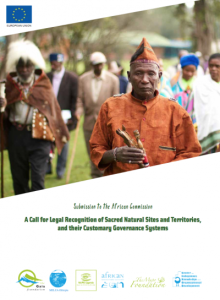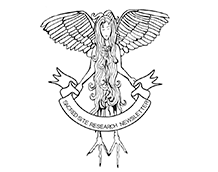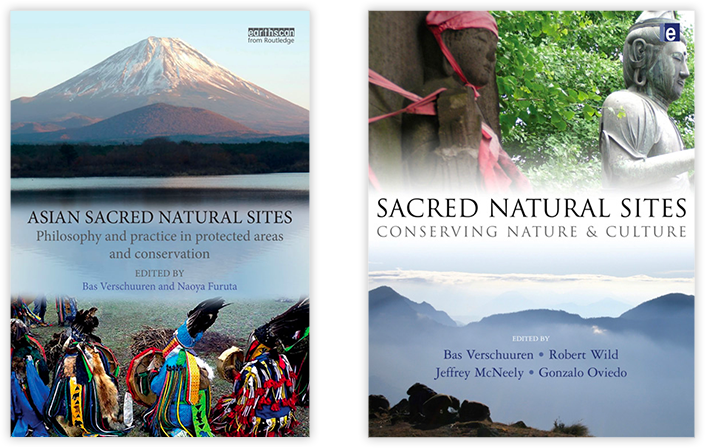
“Sejħa għar-Rikonoxximent Legali ta’ Siti u Territorji Sagra Naturali, u s-sistemi ta 'governanza konswetudinarji tagħhom ” ġie rilaxxat mill-Fondazzjoni Gaia u n-Netwerk tal-Bijodiversità Afrikana. Ir-rapport jipprovdi lill-Kummissjoni Afrikana għall-Bniedem u l-Popli’ Drittijiet b'argumenti persważivi u sostantivi relatati ma 'element ewlieni tat-tradizzjonijiet Afrikani oriġinali u jitlob politika deċiżiva u rispons leġiżlattiv dwar il-kwistjoni. Aqra r-rapport sħiħ jew żur il-websajt ta ' Fondazzjoni Gaia.
Ir-rapport huwa bbażat fuq dikjarazzjoni, minn komunitajiet ta 'kustodja minn sitt pajjiżi Afrikani u jipprovdi korp ta' appoġġ legali u ta 'politika għal il-kustodji’ dikjarazzjoni, miġbud kemm mill-karta Afrikana kif ukoll mil-liġi internazzjonali u domestika.
siti naturali sagru huma s-sors tal-ħajja. siti naturali sagru huma fejn aħna ġejjin minn, -qalba tal-ħajja. Huma għeruq tagħna u ispirazzjoni tagħna. Ma nistgħux ngħixu mingħajr is-sagru tagħna siti naturali u aħna responsabbli biex nipproteġuhom. Sors: Kustodji’ Dikjarazzjoni.
Ifakkarna li l-Karta Afrikana tikkommetti lill-Istati Membri biex jirrispettaw u jżommu sistemi legali plural, u jirrakkomanda li l-pajjiżi Afrikani għandhom jirrikonoxxu sistemi legali a priori bħala parti mill-impenn tagħhom għal identità Afrikana kburi, Biex tinnaviga aħjar triq ta 'żvilupp fejn tinżamm l-integrità u l-wirt tal-kontinent.
Punti ewlenin tar-rapport:
 Is-siti naturali sagri għandhom rwol kritiku fil-protezzjoni tal-bijodiversità, Essenzjali għall-bini tar-reżiljenza tal-bidla fil-klima.
Is-siti naturali sagri għandhom rwol kritiku fil-protezzjoni tal-bijodiversità, Essenzjali għall-bini tar-reżiljenza tal-bidla fil-klima.- Komunitajiet Kustodjani, ta 'siti naturali sagri li jżommu sistemi ta' governanza konswetudinarji għandhom rwol essenzjali fil-preservazzjoni tal-valuri tradizzjonali tal-Afrika.
- Is-siti naturali sagri huma l-bażi ta 'sistemi ta' governanza konswetudinarja jeħtieġu protezzjoni legali.
- Sistemi legali plural jinkludu sistemi ta 'governanza konswetudinarji u jiffurmaw komponent essenzjali tar-rispett tal-essenza tal-Afrika,
- Siti u territorji naturali sagri għandhom ikunu rikonoxxuti bħala żoni bla ma jmorru għall-minjieri u attivitajiet oħra distruttivi jew estrattivi.
Ir-rapport jitlob ukoll ir-rikonoxximent u l-protezzjoni ta 'siti naturali sagri minn kwalunkwe forma ta' qerda – inkluż il-minjieri u l-ħtif tal-art – Bħala prerekwiżit għar-realizzazzjoni tal-popli Afrikani’ Drittijiet inaljenabbli minquxa fil-Karta tal-Afrika, inkluż id-dritt li żżomm u tipprattika l-morali tradizzjonali, valuri u kultura. Diskussjoni dwar il-preċedenti globali, Is-sistemi legali plurali tal-Afrika u studji ta 'każijiet mill-Benin, L-Etjopja u l-Kenja huma nklużi wkoll.
Sors: Adattat minn Fondazzjoni Gaia.






